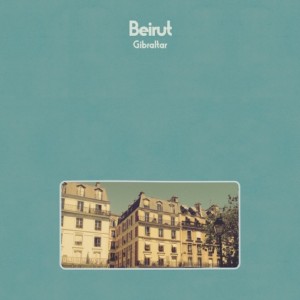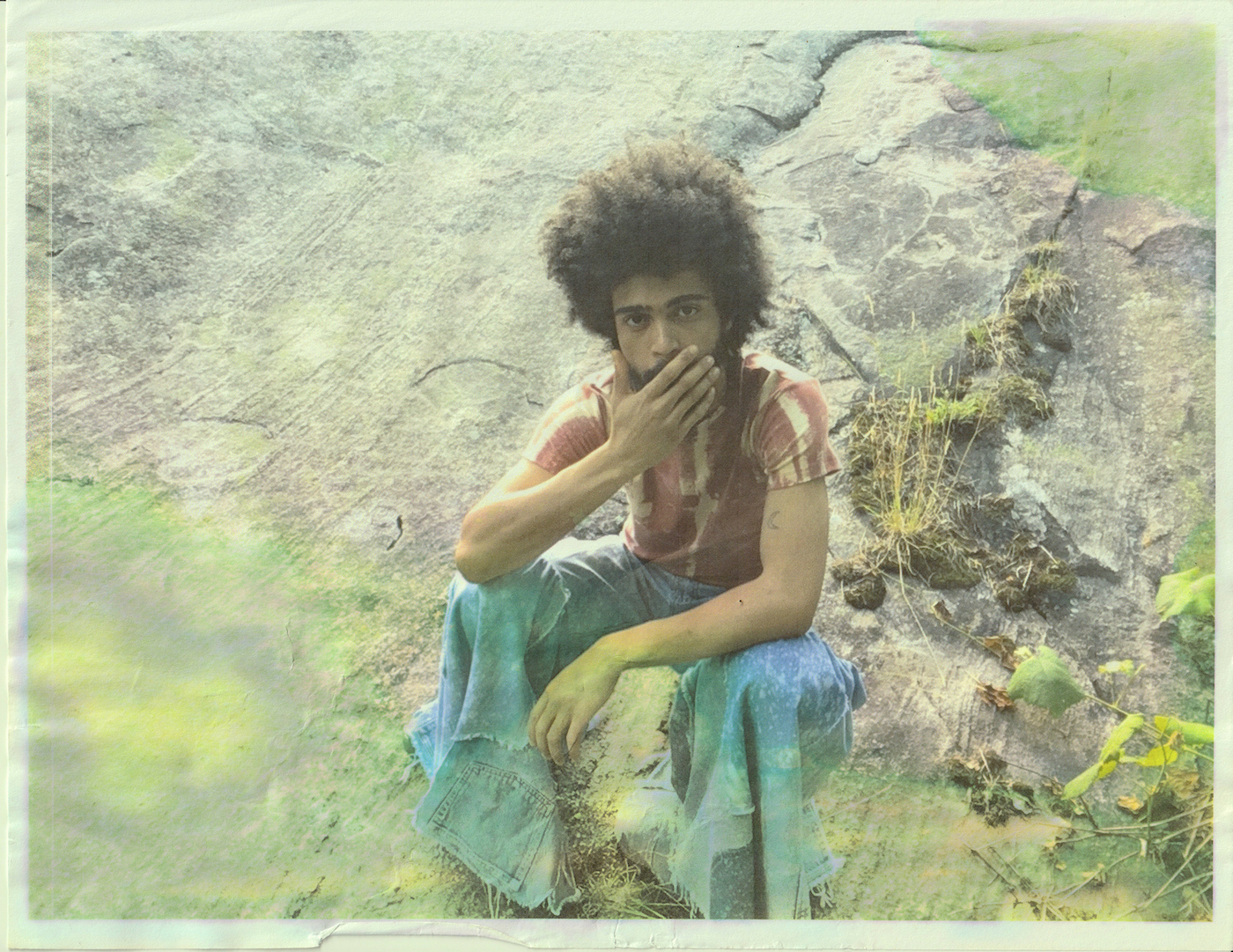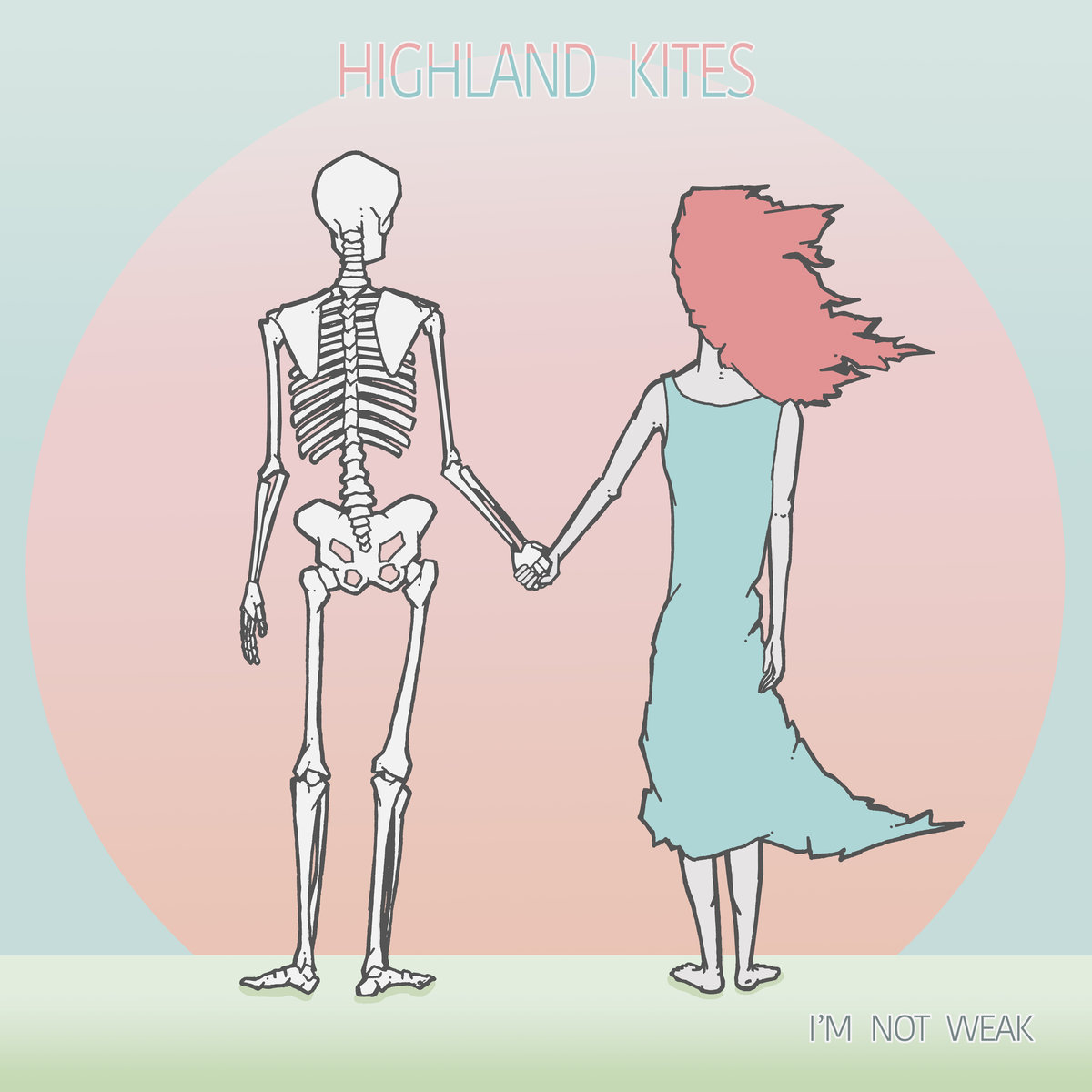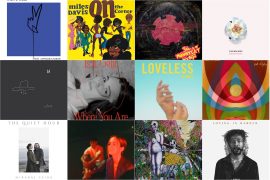 What is perhaps most exciting about the Brooklyn-based indie outfit Beirut is the range of influences in their music. From the American folk-rock of the Decemberists to the rhythms of Mexican mariachi to the Baltic melodies lead singer Zach Condon encountered while traveling throughout Eastern Europe, Beirut’s work is infused with the sounds and styles of a wide variety of musical traditions. Add to that Condon’s ability and willingness to play instruments ranging from the standard electric guitar to a conch shell, and it is clear why Beirut remains one of indie music’s most compelling bands.
What is perhaps most exciting about the Brooklyn-based indie outfit Beirut is the range of influences in their music. From the American folk-rock of the Decemberists to the rhythms of Mexican mariachi to the Baltic melodies lead singer Zach Condon encountered while traveling throughout Eastern Europe, Beirut’s work is infused with the sounds and styles of a wide variety of musical traditions. Add to that Condon’s ability and willingness to play instruments ranging from the standard electric guitar to a conch shell, and it is clear why Beirut remains one of indie music’s most compelling bands.
Beirut first began to garner significant critical acclaim in the United States in 2006 with the release of their debut album, Gulag Orkestrar, the majority of which was recorded in Condon’s bedroom in Santa Fe, New Mexico. After moving to New York to begin playing live shows, Condon added more members to the band, which has retained five or six core members. At the time of its release, Gulag Orkestrar was an unusual album in the American music scene. The name Gulag, of course, recalls the Soviet government agency responsible for administering forced labor camps. “Orkestrar” is the Serbo-Croatian word for orchestra. The title’s relevance becomes clear when listening to the album’s songs, many of which sound more like haunted funeral marches than anything recorded in a bedroom. The songs feature a variety of percussion, horns and accordions, but no guitars.
Beirut’s most recent album, No No No (4AD, September 2015) sees Condon working with much lighter subject matter. The beginning of the music video for the album’s first track, “Gibraltar,” has the band sitting on a beach. The song opens with a positive, laid-back vibe:
Everything should be fine
You’ll find things tend to stand in line.
Unlike much of Beirut’s catalog, “Gibraltar” – along with many of the other songs on No No No – is much sparer than Beirut’s previous work. In an interview with NPR shortly after the release of No No No, Condon said, “In the past, I had this overwhelming desire to knock people over the head with music… I’m learning a lot about pulling back and implying things.” With its pared down instrumentation and simple, meditative lyrics, “Gibraltar” certainly reveals Condon’s current interest in toning down the former extravagance of his music.

Yet the songs on No No No are not simply the result of a change in method or style. The new album also sees Condon emerging from a difficult period both in his personal life and in his career. In 2012, after he ended up hospitalized in Sydney, the band was forced to cut short a tour that had lasted for over three years non-stop throughout the world. Both physically ill and plagued by feelings of burnout, it took time for Condon to return to songwriting. Many of the songs on the new album feel deeply rooted in that process of healing. “Gibraltar” continues:
Say you’re like my kind
You loved the times I sang
Your loss wasn’t mine
The lyrics evoke a past relationship, the experience of knowing another’s loss and separating from it. “Gibraltar,” with its spare and wistful melodies, is a song that has left sadness in its wake, yet remains haunted by its memory. And although many of the international influences that led to Beirut’s original rise to fame are lost, we are left with a song that is no less powerful.
Watch: “Gibraltar” – Beirut
[youtube=https://youtu.be/6gypBEmz2nk?t=0s]
You can follow Beirut on Facebook and Twitter









